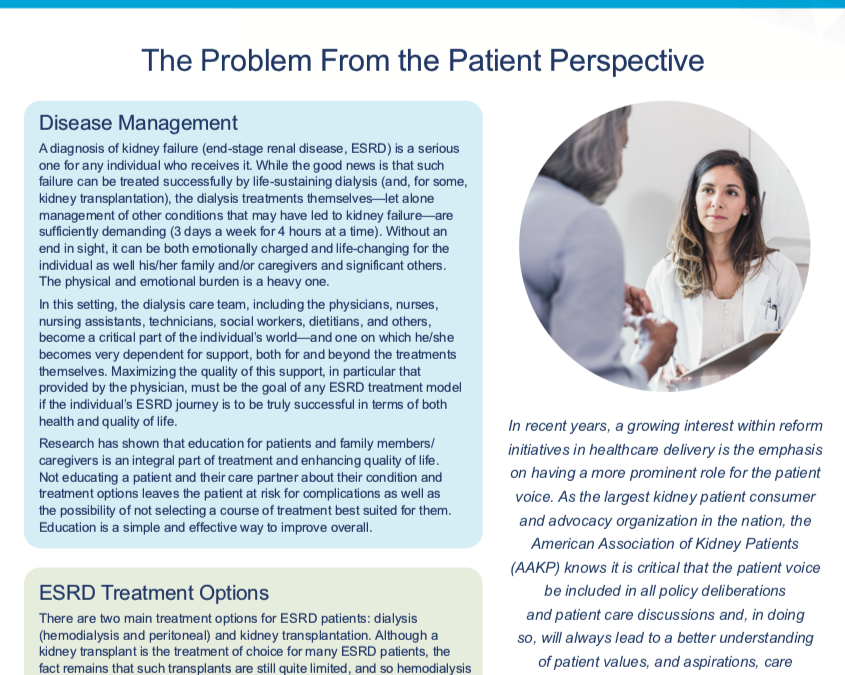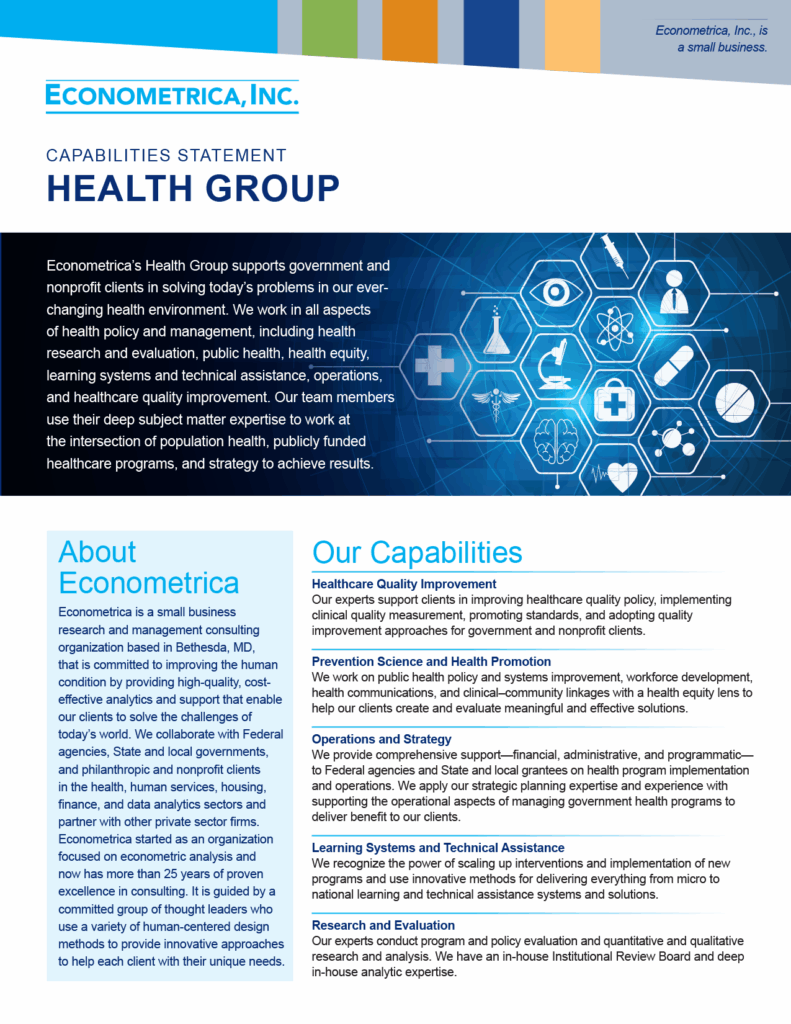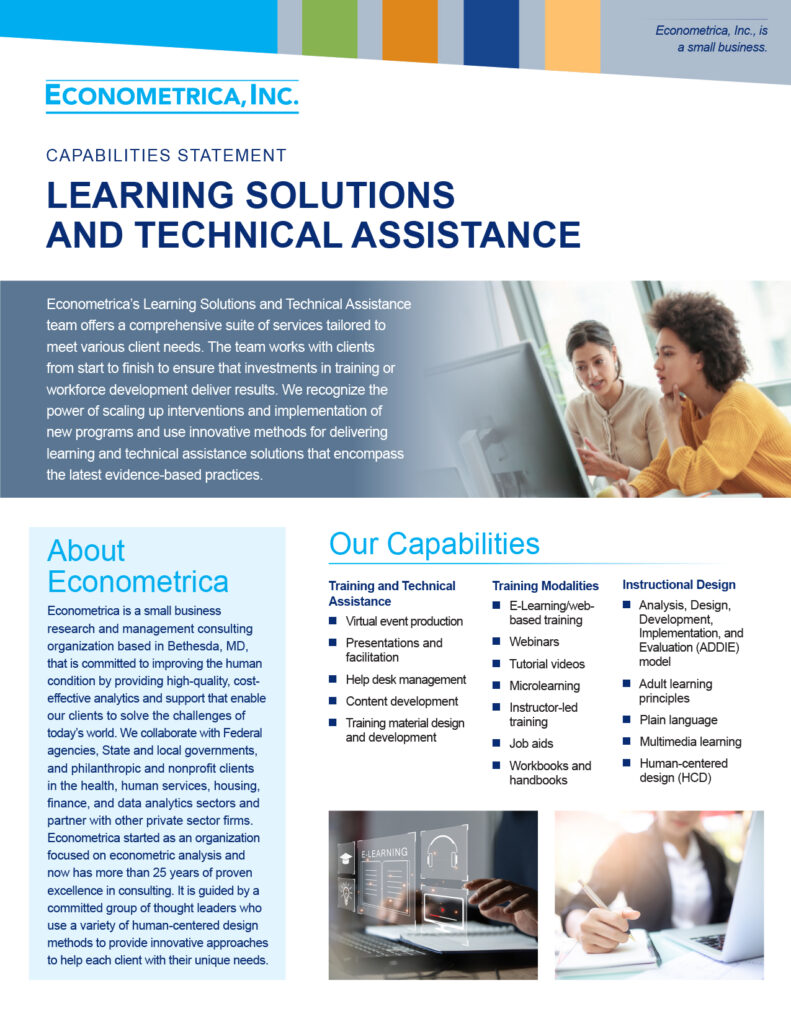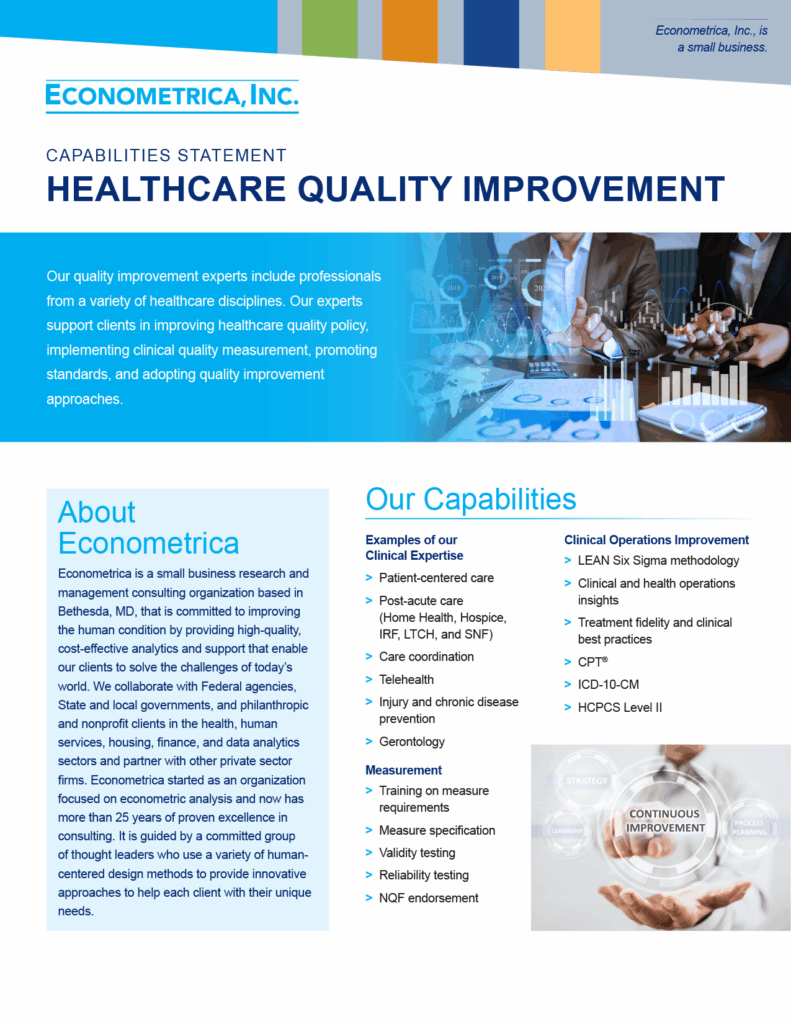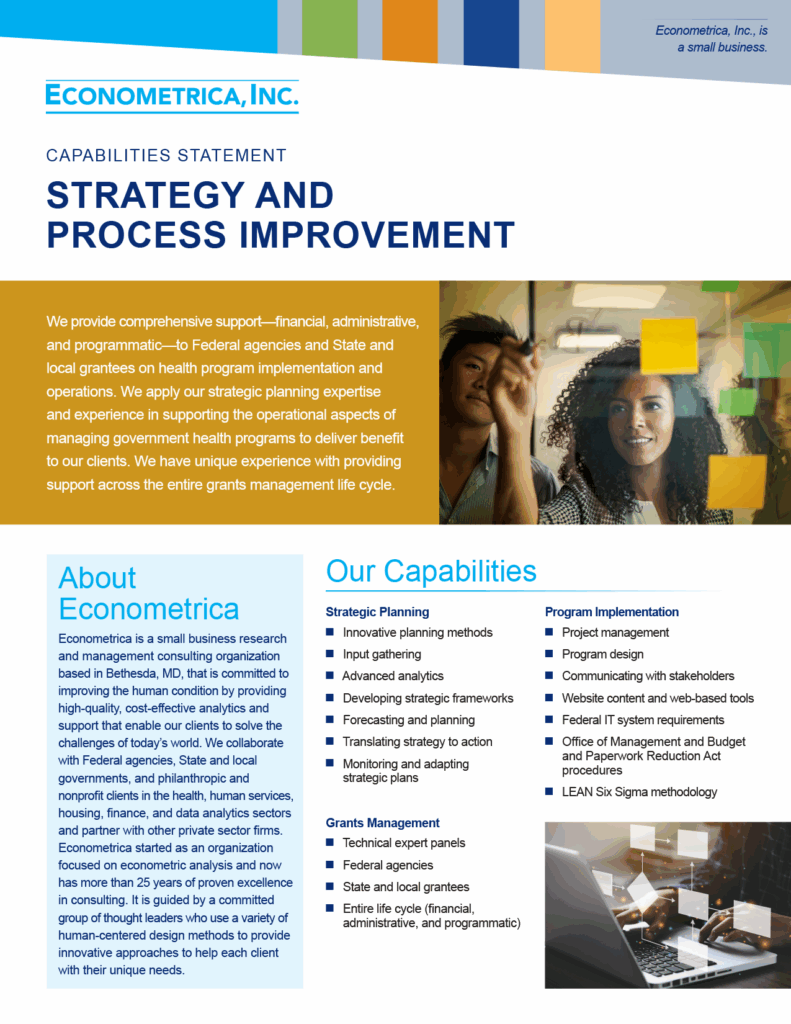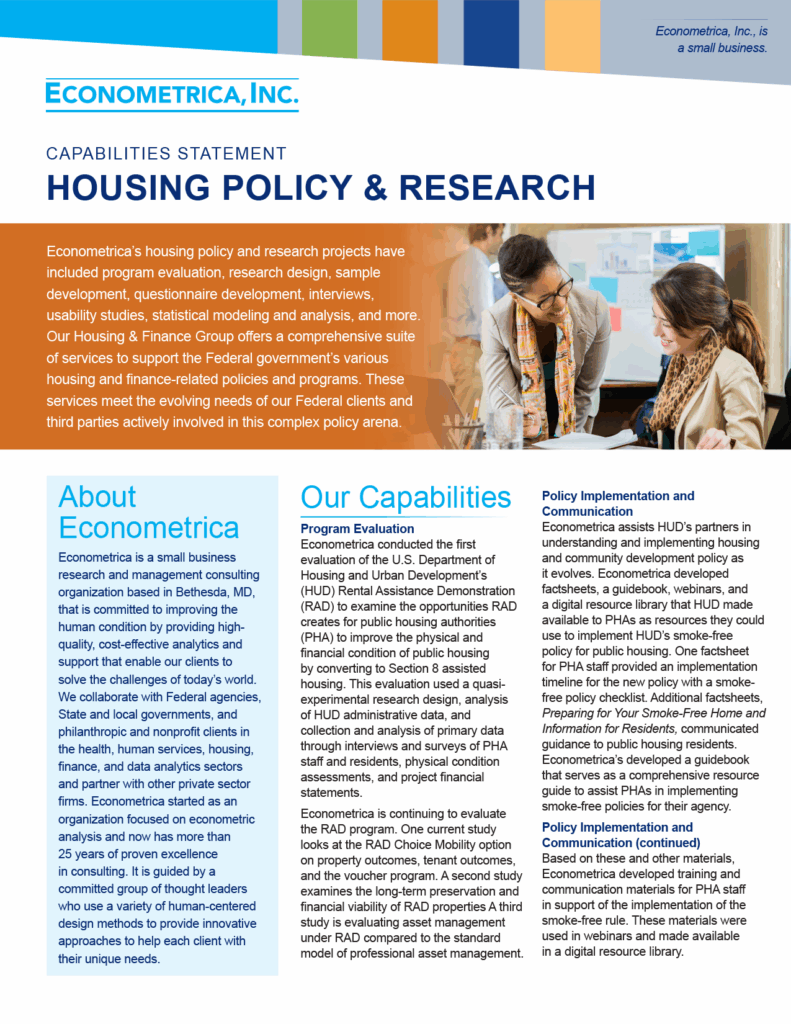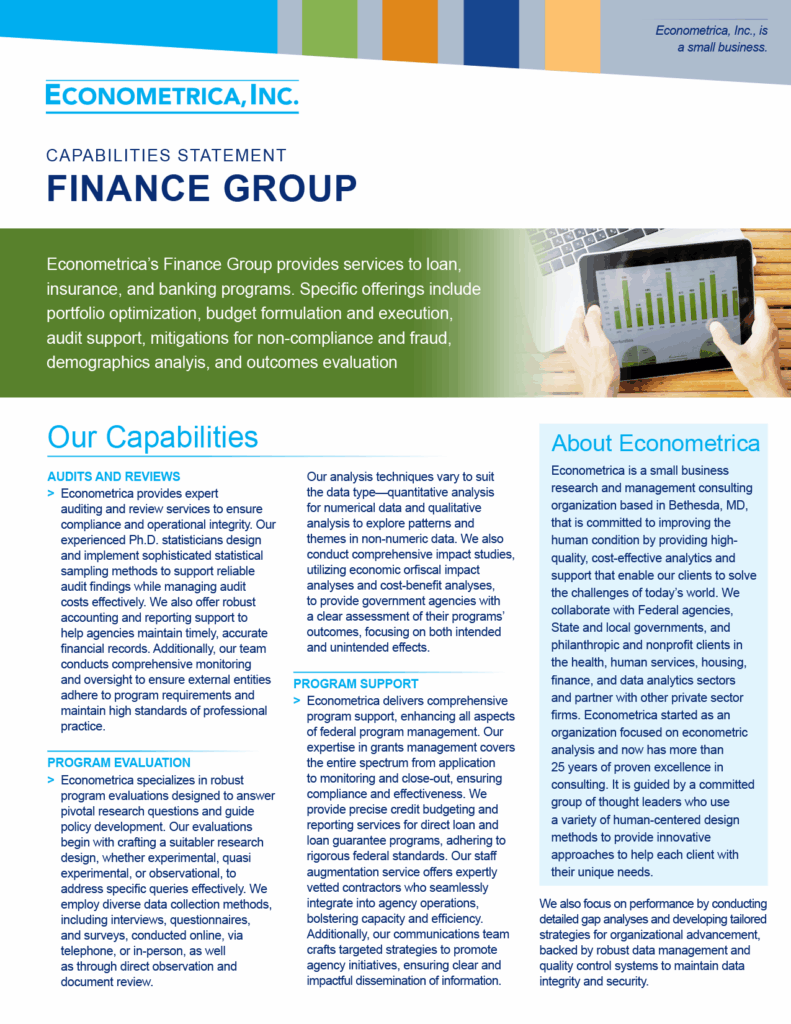Econometrica’s Continuing Support for HUD
Econometrica has provided technical assistance and training, policy and program analysis, statistical surveys and research, market and feasibility analysis, and knowledge management to HUD, housing authorities, and other organizations nationwide over the years. Since 2011, Econometrica has provided technical assistance through HUD’s OneCPD/Community Compass initiative, which has convened a community of technical assistance providers to serve the Office of Public and Indian Housing, Office of Community Planning and Development (CPD), and other HUD programs and customers. Through OneCPD/Community Compass, Econometrica has provided a variety of services, with a focus on housing, community development, economic development, and neighborhood stabilization.
Econometrica also has evaluated the Rental Assistance Demonstration program, examining the new opportunities RAD creates for public housing authorities to improve public housing physical conditions, how RAD helps PHAs preserve those units over the long term, and the impact of these changes on tenants.
Our staff and business associates comprise a diverse mix of personnel, including former government employees with decades of experience in housing and community development programs, academic researchers from distinguished universities, and highly skilled housing professionals with hands-on experience in housing management, finance, grants monitoring, and other types of support. We are dedicated to supporting our clients in their diverse missions to expand and improve affordable housing, promote homeownership opportunities, stimulate community transformation, assist with disaster recovery, comply with reporting requirements, and enhance their performance.
Work With Us, Work for Us
Econometrica, Inc., is a small business research and management consulting organization based in the greater Washington, DC, metropolitan area. We are committed to improving the human condition by providing high-quality, cost-effective analytics and support that enable our clients to solve the challenges of today’s world. We collaborate with Federal agencies, State and local governments, philanthropic and nonprofit clients, and private-sector partners in the public health, healthcare, data analytics, housing, and finance sectors.
To work with us on your next project, visit us online or email us at Info@EconometricaInc.com. To explore the benefits of working for us, visit our careers page. Follow us on LinkedIn, X, Facebook, and Instagram.
Econometrica also has evaluated the Rental Assistance Demonstration program, examining the new opportunities RAD creates for public housing authorities to improve public housing physical conditions, how RAD helps PHAs preserve those units over the long term, and the impact of these changes on tenants.

